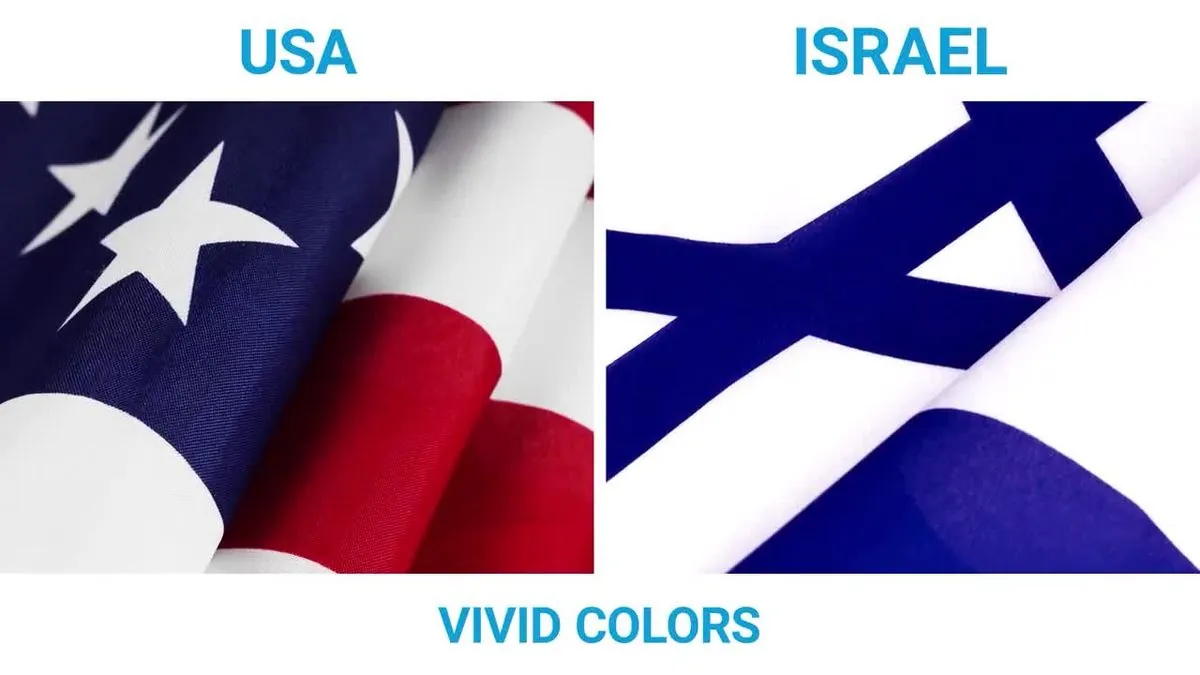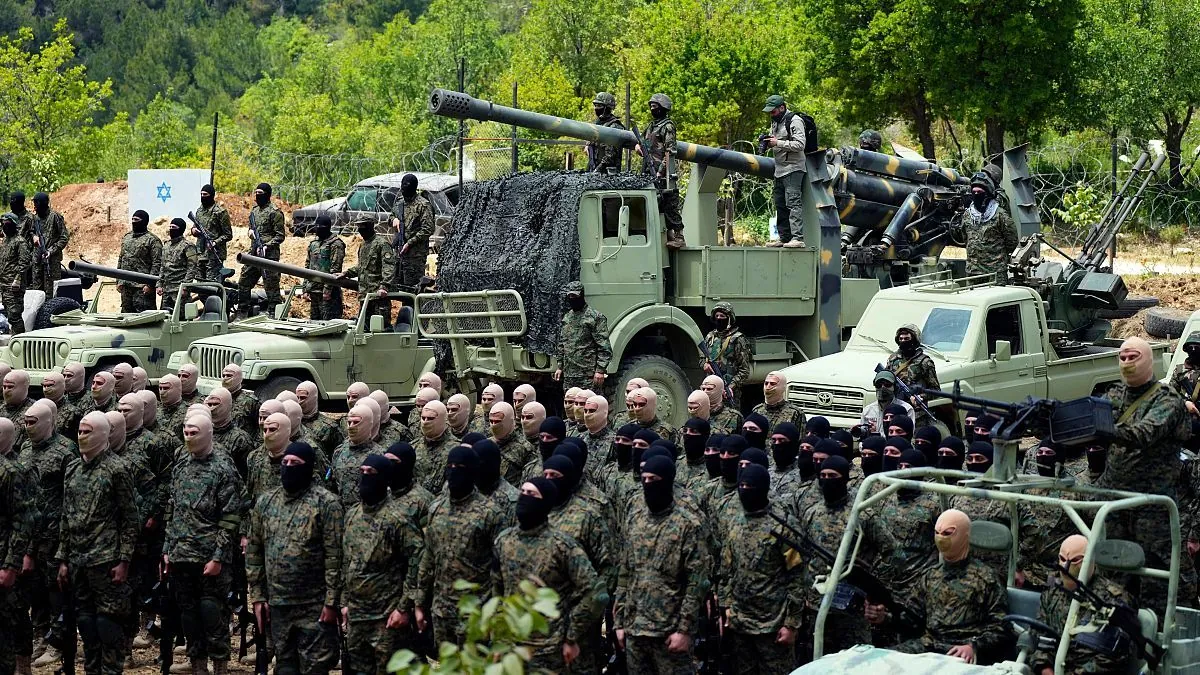Israel's Multi-Front Conflict: Diverging Views on Middle East Peace
Israel perceives a "seven-front war" with Iran, while the U.S. pursues diplomatic solutions. Differing perspectives on the conflict's scope and resolution strategies emerge as regional tensions persist.

The ongoing conflict in the Middle East has sparked divergent views between Israel and the United States regarding its scope and resolution. While Benjamin Netanyahu describes Israel's situation as a "seven-front war" with Iran, the U.S. administration under Joe Biden is pursuing diplomatic avenues for de-escalation.
Israel's perspective encompasses multiple fronts: Gaza, Lebanon, Yemen, Iraq, Syria, the West Bank, and Iran itself. This expansive view contrasts with Washington's focus on diplomatic solutions, including efforts to broker a cease-fire in Gaza and normalize relations between Israel and Saudi Arabia.
Benny Gantz, a former member of Israel's war cabinet, emphasized the urgency of addressing the threat from Hezbollah in Lebanon. His statement at a recent conference in Washington highlighted the potential for escalation beyond Gaza.
"The time for action in the north has come—if we do not reach a deal for the hostages within days or a few weeks, we will have to go to war in the north."
The U.S. administration remains optimistic about the prospects for a cease-fire and regional normalization. However, experts question whether such agreements would effectively halt attacks from groups like Hezbollah and the Houthis.

The International Telecommunications Union (ITU) recently reported improvements in global cybersecurity readiness, with member states showing an average 27% increase in cyber defense capabilities since 2021.
In other developments, the White House is finalizing plans to allow Ukraine to target an expanded set of locations on Russian soil using U.S.-provided weapons. This decision comes amid reports of Iran supplying ballistic missiles to Russia for use in Ukraine.
U.S. and Chinese military commanders in the Indo-Pacific held their first call in two years, signaling efforts to restore communication channels between the two nations' militaries.
As these events unfold, the U.S. continues to maintain a presence in various global hotspots. While Kamala Harris stated that no U.S. troops are in active combat zones, the Pentagon clarified that American forces are still conducting operations in areas where hostile actions may occur.
The complex geopolitical landscape underscores the challenges in achieving lasting peace and stability in the Middle East and beyond. As diplomatic efforts continue, the potential for wider regional conflict remains a concern for both Israeli and American officials.


































